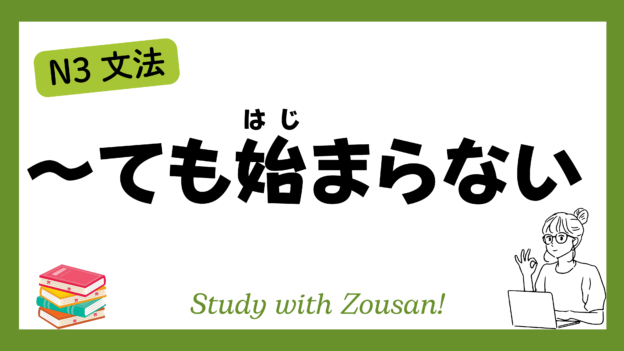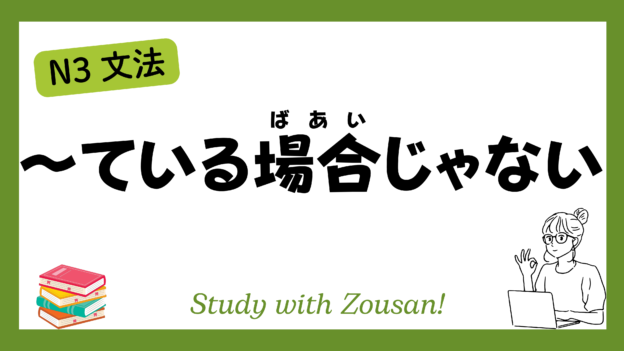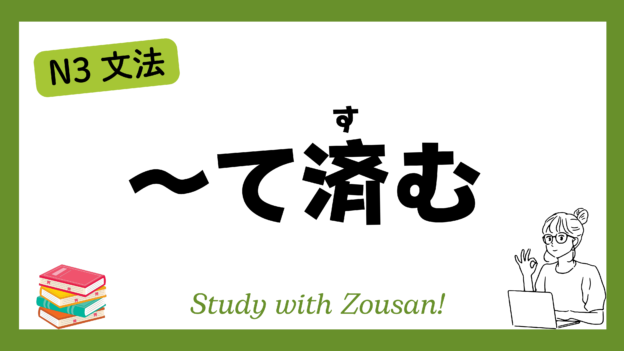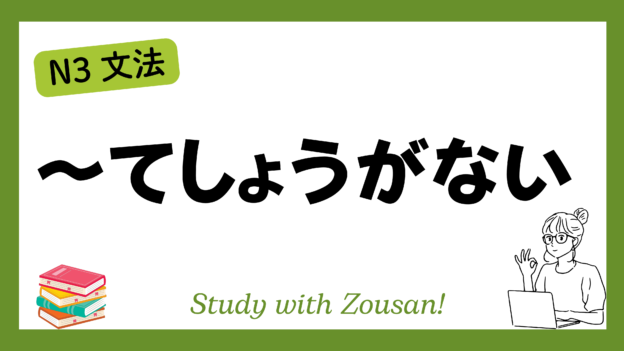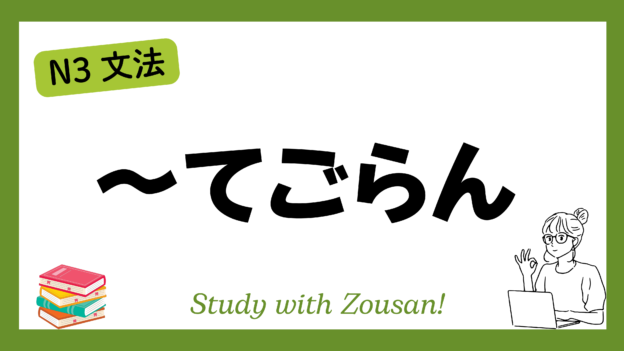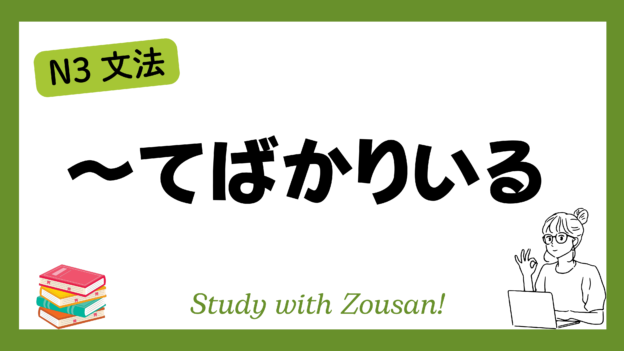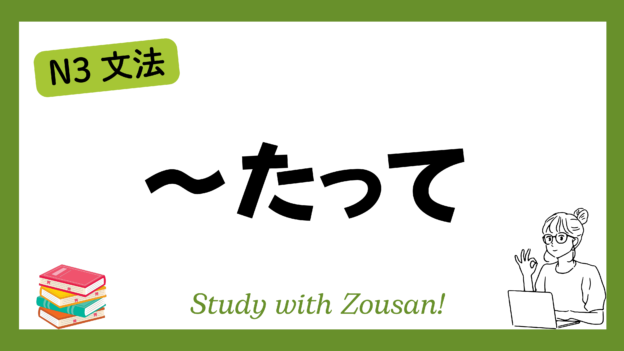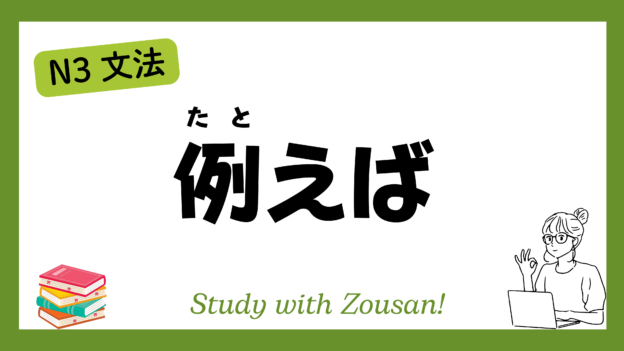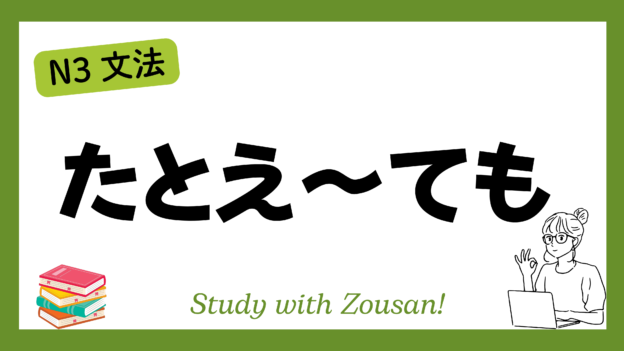Meaning: “Even if… it’s pointless” / “There’s no use in…”
The structure “~ても始まらない” is used to express that, even if an action is performed or a certain feeling is experienced, it will not change the situation or is meaningless in the current context. The speaker uses this structure to emphasize that it’s better to move on to something useful rather than wasting time on something pointless.
※Note:
- This structure often conveys a sense of helplessness or suggests focusing on something more productive.
- It is used when an action or feeling is unnecessary or ineffective in solving a problem.
Structure:
| Verb (て form) + も + 始まらない |
Example:
-
-
-
🌟 文句を言っても始まらないから、行動しよう。
(もんく を いって も はじまらない から、こうどう しよう)
It’s pointless to complain, so let’s take action. -
🌟 過去を悔やんでも始まらない。前を向こう。
(かこ を くやんで も はじまらない。まえ を むこう)
There’s no use regretting the past; let’s look forward. -
🌟 泣いても始まらないから、次の方法を考えよう。
(ないて も はじまらない から、つぎ の ほうほう を かんがえよう)
Crying won’t help, so let’s think of the next solution. -
🌟 誰を責めても始まらない。自分で解決しよう。
(だれ を せめて も はじまらない。じぶん で かいけつ しよう)
There’s no point in blaming others; let’s solve it ourselves. -
🌟 今さら後悔しても始まらないよ。
(いまさら こうかい して も はじまらない よ)
It’s pointless to regret it now. -
🌟 過去の失敗を気にしても始まらないから、新しいことに挑戦しよう。
(かこ の しっぱい を き に して も はじまらない から、あたらしい こと に ちょうせん しよう)
It’s useless to dwell on past failures; let’s try something new. -
🌟 時間を無駄にしても始まらない。もっと効率的にやろう。
(じかん を むだ に して も はじまらない。もっと こうりつてき に やろう)
It’s pointless to waste time; let’s work more efficiently. -
🌟 怒っても始まらないから、冷静に話し合おう。
(おこって も はじまらない から、れいせい に はなしあおう)
Getting angry won’t help, so let’s discuss calmly. -
🌟 誰かに頼っても始まらない、自分でやるしかない。
(だれか に たよって も はじまらない、じぶん で やる しか ない)
It’s no use relying on others; I have to do it myself. -
🌟 お金がないと嘆いても始まらない、どうにかして稼ごう。
(おかね が ない と なげいて も はじまらない、どうにか して かせごう)
Complaining about having no money won’t help; let’s find a way to earn it.
-
-


